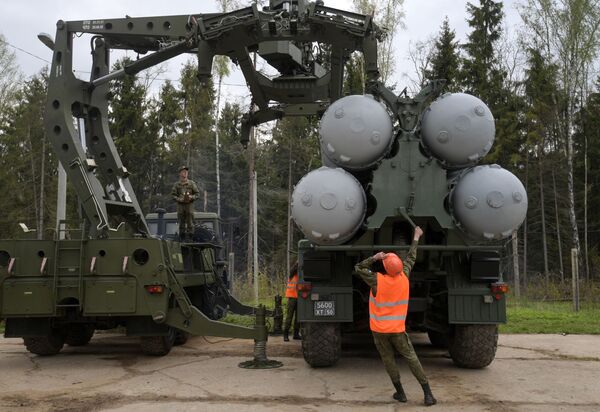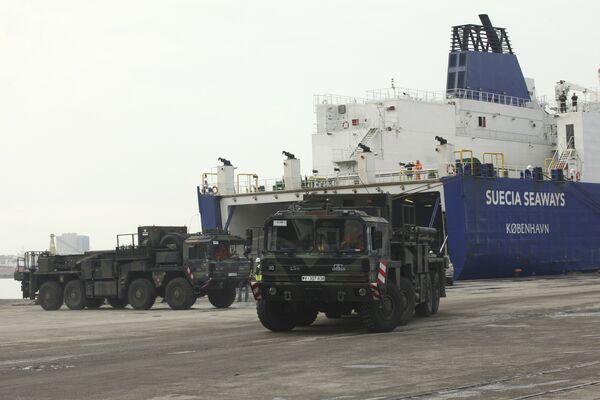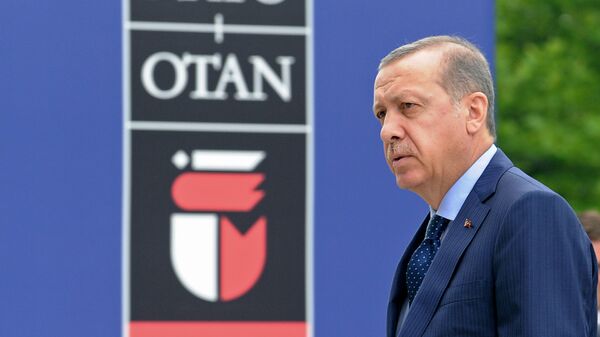NATO’s "trustworthiness" had been questioned by all its member states when it withdrew missile defense systems from Turkey at a time where threats from Syria were rising, Turkish Hurriyet Daily News quoted Recep Tayyip Erdogan as saying at a ruling Justice and Development (AKP) event in the Black Sea province of Rize on Friday.
"And now, when we try to buy S-400 air defense systems from Russia, the reaction from some countries of the alliance [NATO] proved this distortedness," the Turkish leader stressed.

His comments refer to the apparent rift between Ankara and the alliance member states over the deal to purchase a Russian missile defense system.
Last week, Turkish Defense Minister Nurettin Canikli said that his country had completed the purchase of Russian S-400 surface-to-air missiles.
"It is finished, the S-400 missiles have been bought. The rest is just details now," the defense official said while visiting the Black Sea town of Giresun.
READ MORE: S-400 vs Patriot: Comparison of the Missile Defense Systems of Russia and US
Following the announcement, Heidi Grant, deputy undersecretary of the US Air Force for international affairs has warned that if Turkey moves forward with the deal, "it will not be permitted to plug into NATO technology and further action may be forthcoming that could affect the country’s acquisition or operation of the F-35 jets," in an apparent concern that Turkey operating both the S-400 and F-35 together will lead to Russia acquiring information about the vulnerabilities of the F-35.
Turkey was forced to start looking for alternative missile defense systems after NATO member states, i.e., the US, Germany and the Netherlands, decided to remove their Patriot-missile deployments from southern Turkey at the end of 2015.

In 2013, five member states of the alliance, namely the US, Germany, the Netherlands, Spain and Italy had supplied missile weapons to Turkey following its request to boost its air defense capabilities in order to defend its territory from threats posed by neighboring Syria.
Spanish and Italian missile batteries, which are linked to the NATO air-defense system, remain in the country.
Following the partial withdrawal, Ankara wanted to buy missiles from a Chinese state-run company, but had to scrap the deal under US pressure, which said that the Chinese company had been sanctioned for allegedly selling missiles to Iran.


